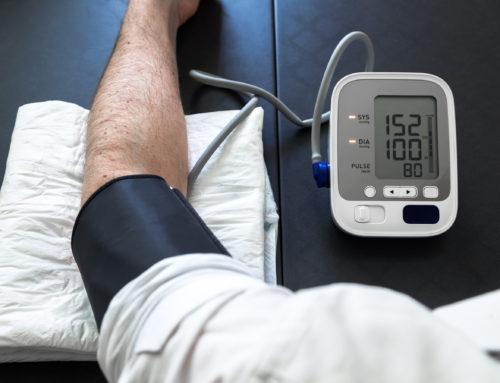If you lose your malpractice suit via jury verdict or directed verdict, can you get a new trial? Can you appeal? The answer is yes, but it’s an uphill battle.
Getting a New Trial
There is a procedure for a new trial if you lose the first time around, just don’t get your hopes up. Your attorney can request a new trial to preserve your appeal rights. During this type of motion, your attorney gives the trial judge the chance to fix errors. You can’t ask for a new trial only because you’re unhappy with the verdict. Even if you have three credible medical experts and the other side only has one, you still may lose. The bottom line on getting a new trial is that there has to be some obvious evidentiary errors or procedural errors. If there aren’t, the judge will likely feel that his rulings were correct in the first place.
Getting an Appeal
As with new trials, you cannot just appeal because you’re unhappy about losing your malpractice case. You must have specific grounds. The appellate court requires this in order to do a “reversible error.” Reversible errors include giving wrong jury instruction, leaving out evidence and excluding the key testimony. For the most part, it must be seen as an error that impacted a negative outcome on the case. If you lost your case on a motion for summary judgment, it may be due to a disputed fact or the improper application of law to the facts. Your attorney should be able to evaluate these things.
Keep in mind that you’re at a big disadvantage. The appellate court can uphold the decision on any grounds, even if they weren’t argued at trial. The reason for this is that the trial judge may have reached the correct decision but just for the wrong reason. In any case, you weren’t harmed.
It’s important to note that the appealing party can only raise arguments that were raised in the original trial court. If your attorney failed to make an argument at trial, he cannot do it on appeal. The hard truth is that the deck is stacked against you when you appeal. Unless your attorney feels you’ve got a good change, don’t get your hopes up.
The Best Defense is a Good Offense
To avoid losing your malpractice suit, it’s best to use an experienced medical expert for testimony at your trial. As a matter of fact, many states require a medical expert’s opinion before you can even file suit. Typically, medical information is too complex for a jury to understand on their own. A medical expert will give their opinion on whether or not the doctor followed the standard of care for doctors in the same position. There are no hard-and-fast rules about standard care, so the expert may use medical board guidelines or medical publications to render an opinion. The medical expert must explain if the doctor’s negligence or incompetence as the proximate cause of the injury. If your malpractice suit falls within a specific field of medicine, you’ll need to get a specialist in that area as an expert witness.
So, who’s qualified to be a medical expert. States vary on this. You’ll have a wider choice of doctors if the case involves general medicine. Board certification, experience, and training generally qualify one to be an expert witness. Your attorney should be able to assist you in finding a good medical expert witness. First, look for a good medical malpractice attorney before you do anything. A good medical malpractice attorney and a good medical expert witness are key to success in winning a malpractice suit.
If you do lose your malpractice case the first time around, talk with your attorney. He’ll let you know what your options are and what your chances are of a new trial or an appeal. Just remember that the best defense is a good defense. Arm yourself with a good medical expert witness, and your chances of winning are greater the first time around.




























